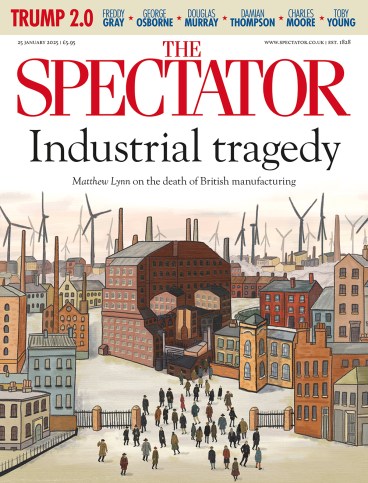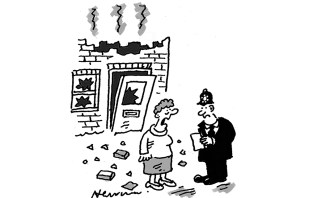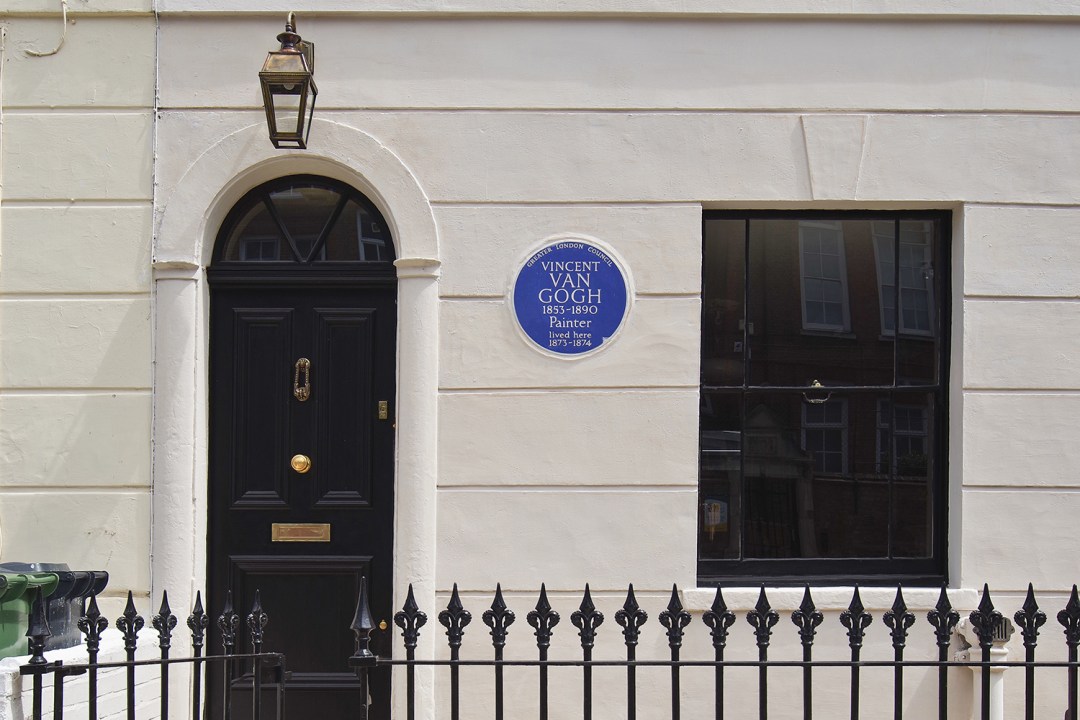
When a phrase really takes off in the political sphere, you will recognise it by the frequency with which it crops up on the Today programme. Many years ago, I noticed that politicians had begun using the line ‘it’s not rocket science!’ when attacking the alleged inability of their opponents to get even the basics right. It had a muscular, common-sense ring to it, which they clearly relished, and it spread like norovirus through a cruise ship. How times have changed. Where once we had politicians who never stopped talking about rocket science, the ascent of Elon Musk in the US has brought us a rocket scientist who never stops talking about politics. Painful as it was, I think I liked it better the first way round.
Political language is often a desperate attempt to sound dynamic before the public
Long after rocket science slipped out of rhetorical style, however, we got ‘not fit for purpose’, ‘levelling up’ and any number of modish phrases in between, before ending up at the now ubiquitous ‘hold their feet to the fire’. Whitehall, it seems, has turned into a modern-day version of Tom Brown’s School Days: suddenly everyone is threatening either to roast someone else’s feet, or offering up their own. Last December, Sir Keir Starmer gave a speech introducing his ‘six milestones’, in which he stated the right of the British public to hold the collective feet of the entire Labour government to the fire if the pledges were not fulfilled.
It was George Orwell who – furiously – described political language as ‘designed to make lies sound truthful and murder respectable, and to give the appearance of solidity to pure wind’. Yet it is just as often a desperate attempt by politicians to sound dynamic before the public, even as they flail in the sticky webs of bureaucratic complication that attend new policy directions.
All of which brings us to Strong Message Here, the Radio 4 programme in which the journalist Helen Lewis and the writer Armando Iannucci – with useful input from listeners – dissect the pitfalls, irritations and occasional successes of political language today. It’s fertile territory, and in earlier episodes the pair have ranged freely across such topics as the fashion for politicians to echo the language of Silicon Valley and embrace ‘disruptors’ – more valuable, perhaps, in building a tech start-up than sowing mayhem in a governmental department – and the perils of an overly interesting phrase.
In Sir Keir’s aforementioned ‘milestones’ speech, for example, he said that too many in Whitehall were ‘comfortable in the tepid bath of managed decline’, which snags the memory with its evocation of bad plumbing in British boarding-houses. Yet whether or not the public recalls that Sir Keir was advocating a great reset to pull the plug on this bath, rather than sliding into it, is another question. Similarly, Kemi Badenoch’s recent Spectator interview in which she poured contempt on lunch, sandwiches,
and ‘moist’ bread, but welcomed midday steak al desko, created such noisy culinary talking points that her political ones were muted by comparison.
Lewis and Iannucci are sharp and genial hosts, who clearly enjoy the fast-moving and often surreal nature of political discourse, and are good at teasing topics out. Their reflection on the art of political attack resurrected a few stingers that hit home: Tony Blair’s to John Major, ‘I lead my party, he follows his’ or David Cameron on Blair, ‘He was the future once’.
Their crown goes to Denis Healey’s description of debating the ponderous Geoffrey Howe: ‘Like being savaged by a dead sheep.’ An agonised listener writes in, asking, ‘When did “lessons” turn into “learnings”?’ referring to the interviewees who now promise that they will mull over the ‘learnings’ from any given failure. ‘That’s horrible!’ blurts out Iannucci. He’s right, of course. Please make it stop.
With the mania for Van Gogh so recently sweeping London, and the National Gallery having to pull all-nighters to accommodate the crowds for its Poets and Lovers exhibition of his work, it was especially interesting to hear the Radio 3 programme on the artist’s life here as a young man. In 1873, while working at the Covent Garden office of the Dutch art-dealers Goupil & Cie, the 20-year-old Van Gogh lodged in a family home at 87 Hackford Road, Brixton.

Most of us are, by now, familiar with the late-stage, Arles version of Vincent, at the peak of his creative intensity and mental distress, who was by turns delighted by the presence of his house guest, the fellow artist Paul Gauguin, and menacing him with razors and flying absinthe glasses. This earlier incarnation is very different: in London, Van Gogh was a respectable junior employee, multilingual and well-read, with prospects and a smart top hat to match. In letters to his brother, Theo, he described the things in the city that enchanted him: the prospect of Rotten Row in Hyde Park, the ‘wealth of flowers’ in the parks, the poetry of John Keats.
Unfortunately, one of his chief enchantments – his landlady’s daughter, Eugenie Loyer – was already engaged, and did not reciprocate his feelings. The atmosphere grew tricky, and he and his sister Anna had to find new lodgings. There is a hint here of the trouble to come: an awkward stubbornness, perhaps, and emotional vulnerability. But it’s still poignant to think of him in that first year in London, drinking in the changing views from Westminster Bridge each day while walking to and from work, young and wholly happy.








Comments